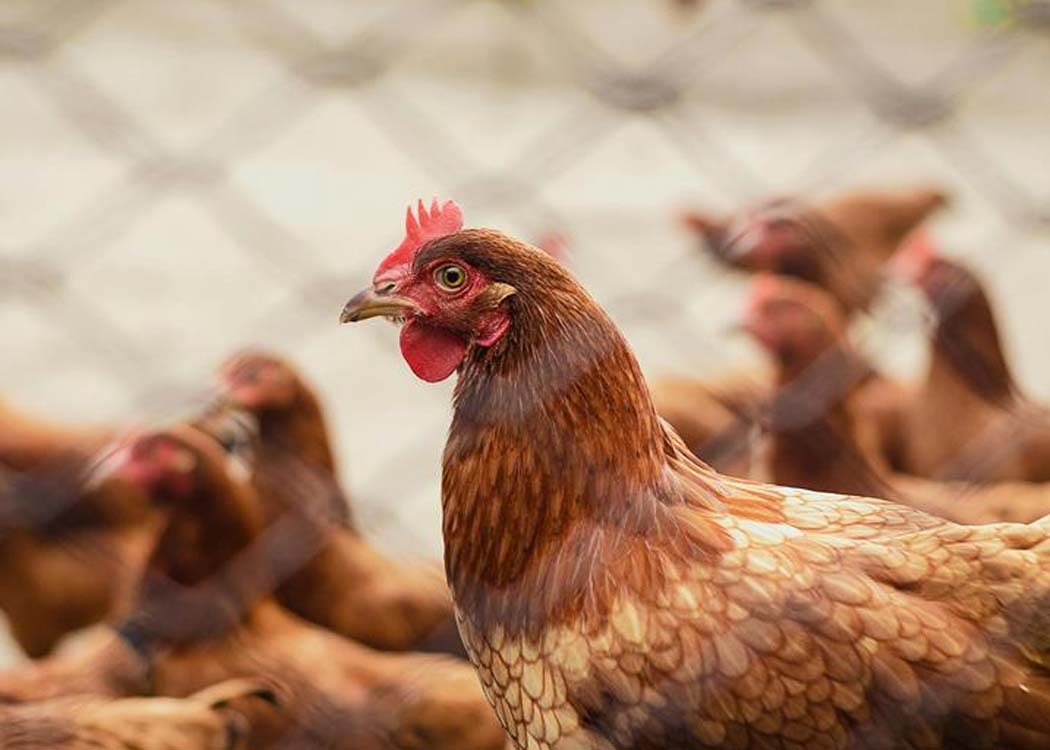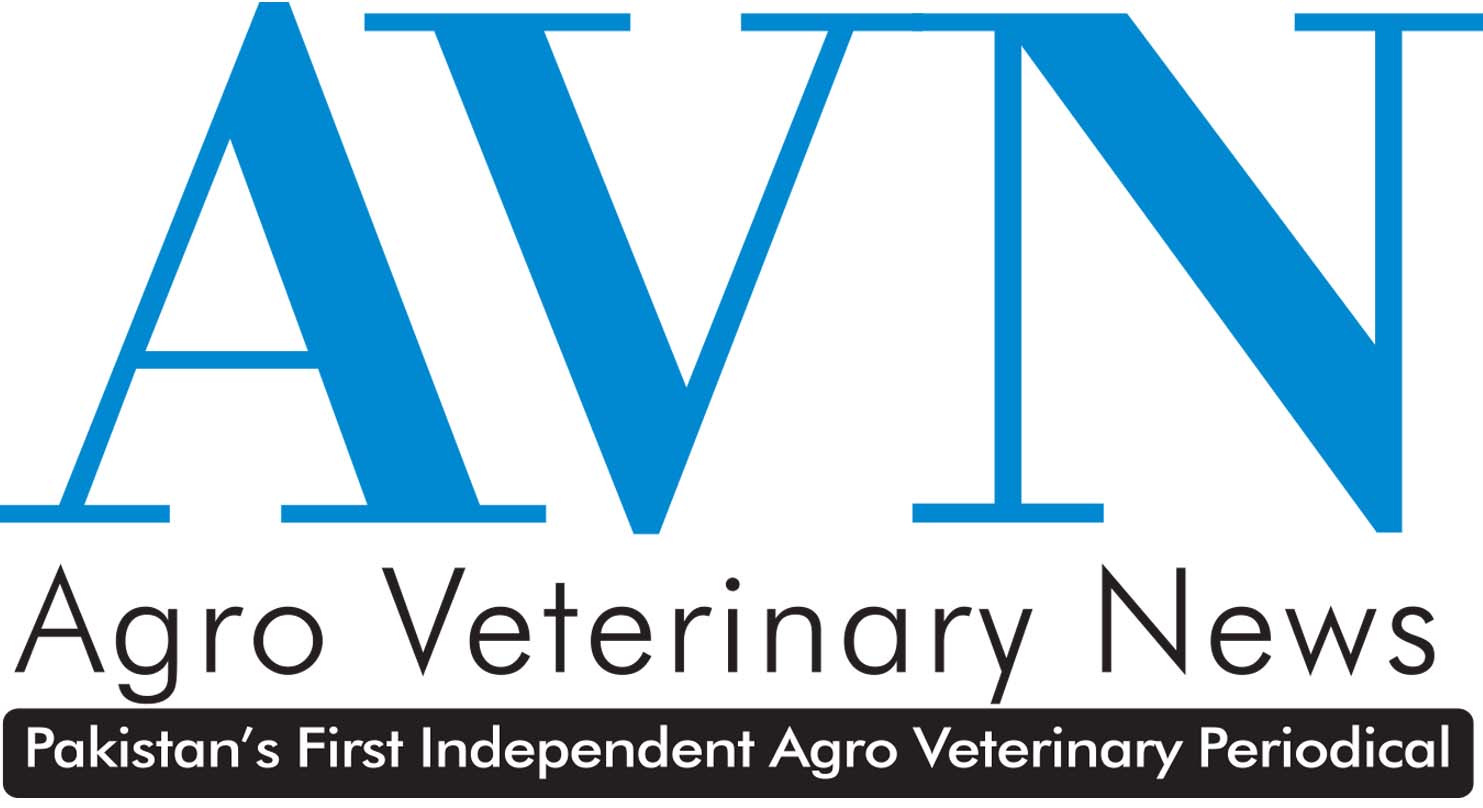UK Chief Veterinary Officer imposes nationwide bird housing measures amid rising avian flu detections in kept and wild birds
LONDON: The UK Chief Veterinary Officer (CVO) has announced that a mandatory housing order will come into effect across the whole of England from Thursday, 6 November 2025, following a sharp rise in cases of avian influenza among both kept and wild birds.
The move, announced by the Department for Environment, Food and Rural Affairs (Defra), requires all bird keepers in England to house their poultry and captive birds if they keep more than 50, or if they sell or give eggs away — with limited exceptions such as certain zoo birds.
An Avian Influenza Prevention Zone (AIPZ) remains in place across Great Britain, mandating enhanced biosecurity measures for all bird keepers, whether they maintain large commercial flocks, small backyard setups, or pet birds.
These enhanced measures include:
- Reporting any unusual changes in egg production
- Maintaining strict record-keeping practices
- Disinfecting footwear, housing, and concrete walkways regularly
- Reducing movement of people and vehicles to limit contamination
- Implementing effective vermin control
- Keeping feed and bedding indoors
- Using bird deterrents such as scarers or reflective streamers
CVO Christine Middlemiss said the extension of the housing order is a “difficult but necessary step” to contain the spread.
“Given the continued increase in the number of avian influenza cases in kept birds and wild birds across England, we are now taking the difficult step to extend the housing measures to the whole of England.
I appreciate the impact these measures have on industry and am extremely grateful for the continued cooperation of the poultry sector. We know from previous years that housing birds will bring the rates of infection down from the high we are currently experiencing,” she said.
Middlemiss urged all bird keepers to comply fully with housing and biosecurity measures, remain alert for symptoms of avian flu, and report any suspected cases to the Animal and Plant Health Agency (APHA) immediately.
Defra reassured the public that the risk to human health remains low, and that properly cooked poultry and eggs are safe to eat.
Richard Griffiths, Chief Executive of the British Poultry Council, welcomed the move, stating:
“This is the right move at the right time. Housing is an added layer of protection that strengthens our ability to keep food moving and uphold confidence in British poultry. We are calling for a consistent GB-wide housing order to ensure maximum protection during this high-risk period.” The housing order and AIPZ will remain in force until further notice and will be reviewed regularly as part of the UK Government’s ongoing monitoring and response to avian influenza outbreaks.





